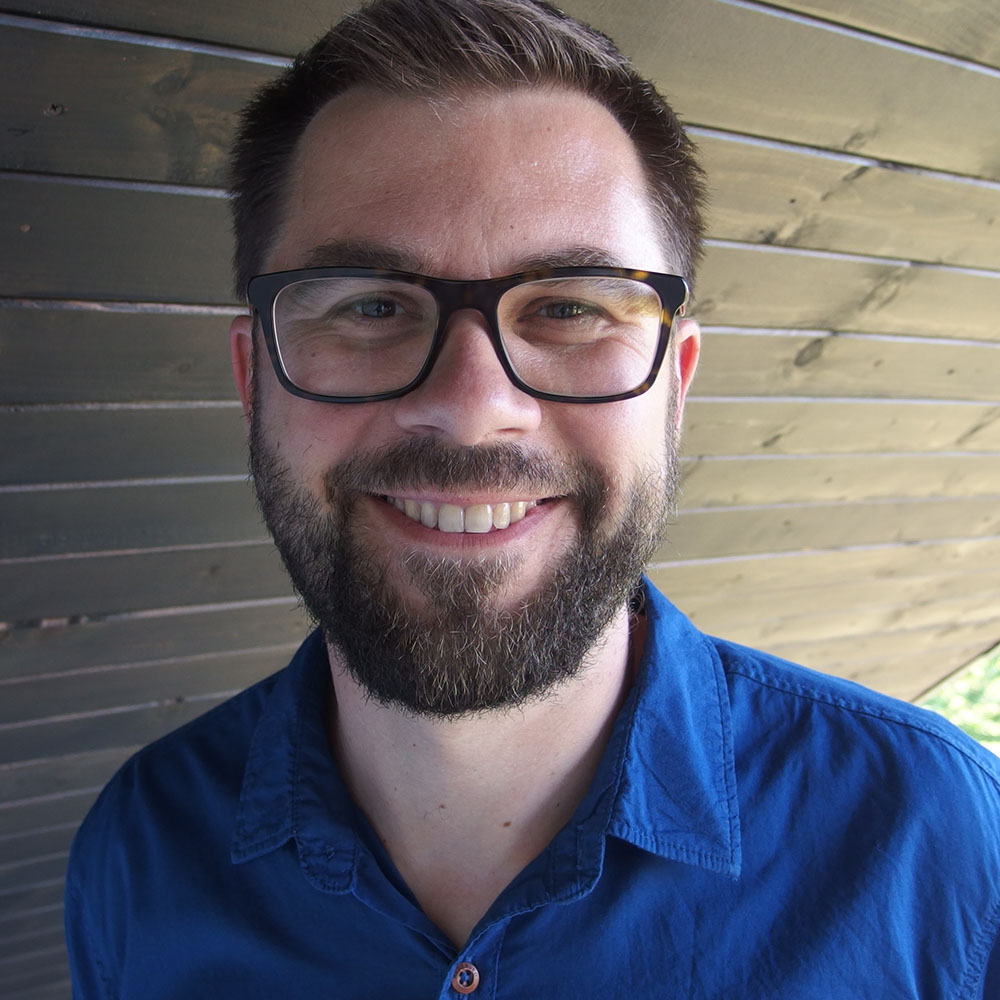Ethics of biomedical research with children
Ethics of biomedical research with children
- Principal investigator: Dr hab. Marcin Waligóra, Jagiellonian University – Medical College
- Project title: Ethics of biomedical research with children. Risk, benefits and participants' rights
- Funding scheme: SONATA BIS 5, announced on 15 June 2015

More than 50% of drugs prescribed to children have never been tested for their impact on children; doctors have been prescribing them based only on the results of research with adult subjects. The physiology of children’s bodies, however, can significantly affect their mechanism of action. For this reason, it is crucial to obtain data from clinical trials with peadiatric populations.
Because children are normally incapable of giving informed consent for participation in a biomedical trial, additional safeguards are often put in place, such as legal provisions or special research methods. Biomedical ethics has had a considerable impact on research methodology in the field of biomedicine.
The objective of the research project funded by the NCN is to test whether the regulations and methods mentioned above indeed offer adequate protection to trial subjects and work out how to enhance them.
This is done, e.g. by a systematic rewiews and meta-analysis of the results of published clinical trials in paediatric oncology. We are analysing various risks (e.g. the adverse effects of the tested drug) and benefits of such trials (e.g. tumour reduction as a result of treatment).
Our findings thus far have been outlined in a paper entitled “Risk and Surrogate Benefit for Pediatric Phase I Trials in Oncology: A Systematic Review with Meta-analysis” in PLOS Medicine, which looked at data gleaned from all phase 1 trials in paediatric oncology published between 2004 and 2015. In total, we analysed 170 trials with 4604 patients and compared our results to similar estimates with regard to trials with adult subjects.
Our analyses suggest that despite additional regulations and a special study design, the direct risks and benefits of participating in a phase 1 trial in paediatric oncology are the same as in a trial with adult subjects. This surprising result has attracted a lot of interest; our study was discussed, e.g. in STAT (The Boston Globe) and widely commented on.
The results of our study will be relevant to ethicists, regulators, patients and their parents, as well as to researchers, sponsors and members of bioethics committees.
In 2020 we estimated the social value of trials in paediatric oncology and found that only 5% of paediatric phase I trials in oncology led to drugs being registered for paediatric use in therapy of cancer. The results of our study was published in PLOS One.
Dr hab. Marcin Waligóra
Works at the Department of Philosophy and Bioethics of the Jagiellonian University Medical College, where he studies the ethical aspects of drug development. In the 2017/2018 academic year, he conducted research as a Fulbright Visiting Scholar at the Harvard Medical School Center for Bioethics in Boston. He heads the REMEDY (Research Ethics in Medicine Study Group) team, which consists of mgr inż. Karolina Strzebońska (biomedical engineer), mgr Mateusz Wasylewski (biologist), dr Maciej Polak (biostatistician, mathematician), mgr Katarzyna Klaś (pharmacy). The team’s website: www.remedy.edu.pl
See also: Biomedical Research with Human Subjects. Bioethical Issues
Date of publication: 21st Sep 2020


 Facebook
Facebook Twitter
Twitter LinkedIn
LinkedIn YouTube
YouTube Instagram
Instagram